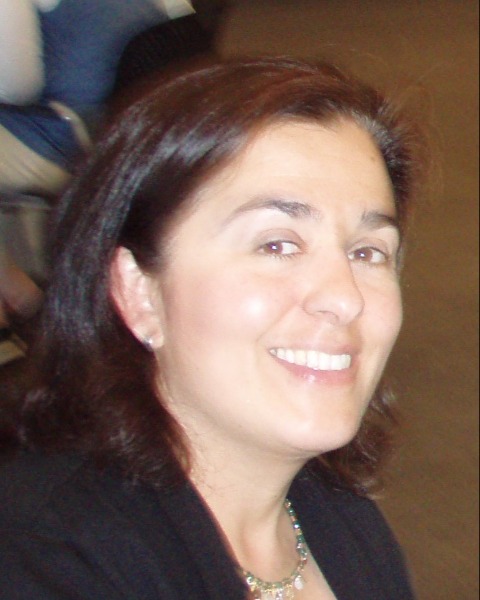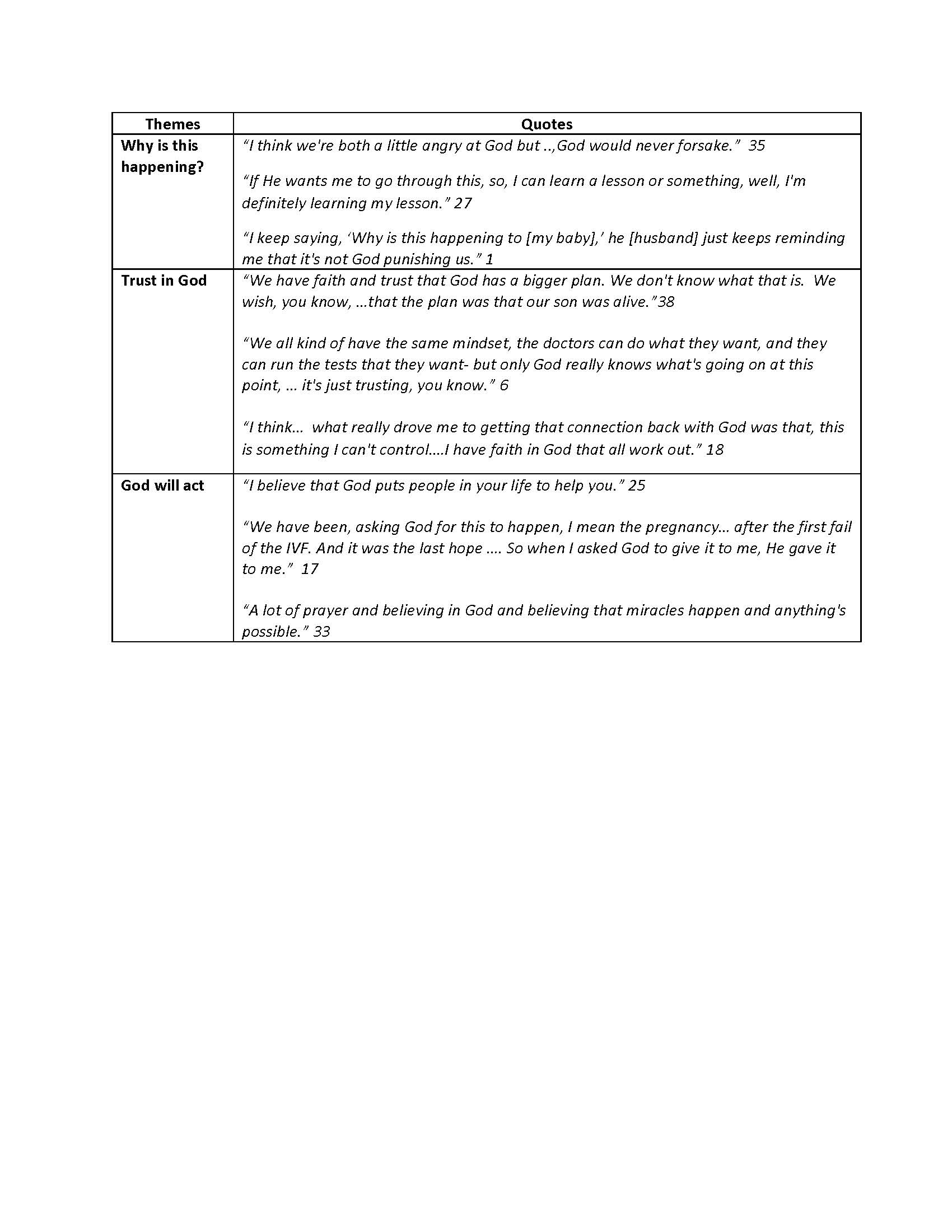Palliative Care
Session: Palliative Care
164 - Exploring the Impact of Religion and Spirituality on Parents Carrying a Fetus with an Anomaly
Saturday, May 4, 2024
3:30 PM - 6:00 PM ET
Poster Number: 164
Publication Number: 164.1350
Publication Number: 164.1350

Zeynep Salih, MD, MA (she/her/hers)
Associate Professor
Indiana University School of Medicine
Carmel, Indiana, United States
Presenting Author(s)
Background: Fetal anomalies can be life-altering for expectant parents. Research is minimal on the impact of religion and spirituality during this time.
Objective: In this study, we examined parents’ relationships with God, a Higher Power or the Sacred and explored how their experiences with a fetal diagnosis and the uncertainties surrounding fetal and neonatal outcomes were influenced by their spiritual beliefs.
Design/Methods: Parents who had an interdisciplinary care conference for a fetal anomaly at a large midwestern academic center were invited to participate in a semi-structured phone interview. Audio-recorded interviews were transcribed and analyzed by the authors using qualitative methodology. This study focused on two questions from the larger interview: 1. Please describe your relationship to God, a Higher Power or the Sacred; 2. How has this relationship been influenced by your baby’s diagnosis?
Results: Twenty seven parents responded to the two interview questions about the Sacred. All except one participant reported some level of relationship with a Higher Power, consistently God. The research team identified three themes: 1. Why is this happening to me?; 2. Trust in God; and 3. God will act. Theme 1: Several parents speculated on why their baby had received this diagnosis, some wondering whether God was allowing or intending for this to happen to them. Theme 2: Most parents described having trust or faith in God. Many believed God had a reason or a plan for the situation, even if unknown to the parents, had greater knowledge of the baby than the physicians, and was in control of the situation, which they as parents were not. Theme 3: Many parents anticipated that God would act in their lives, often in response to prayer. Parents described God providing answers to difficult questions, providing peace and comfort, sitting with parents in their pain, and performing miracles (Table 1).
Conclusion(s): Parents described belief in a God who is all knowledgeable, powerful, plans the future, and acts in their lives. Based on their deeply held beliefs, parental decisions that may be uncomfortable for physicians, such as their decision to ask God for direction or a miracle, may be seen not as irrational or irresponsible but as actually quite rational and in line with parents’ worldview.

